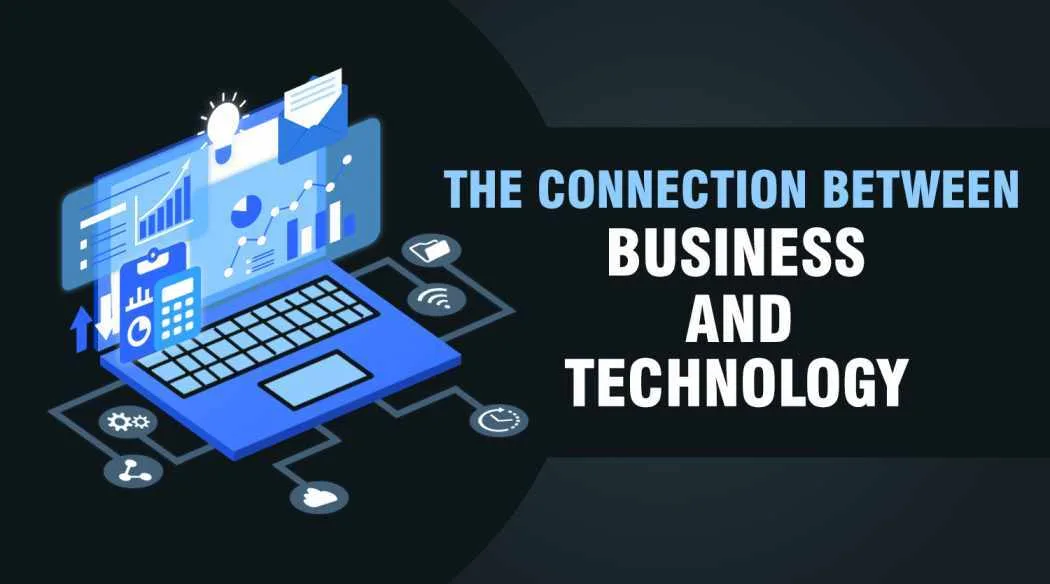The primary objective of an IT management strategy is to make sure the company units use the latest technology products and software. Technology enables companies to resolve problems in a more cost-effective and faster manner as well. For this reason, there are also several benefits of integrating technology with the business processes.
IT support specialists are a great resource in this regard and their services are highly preferred by most of the corporate users. In fact, in many cases, the company managers do not require an IT manager for day-to-day supervision and management of the technologies.
However, it is also important to keep in mind that technology can sometimes cause more problems than benefits for the managers. This is especially the case when the IT support service provider fails to implement the technologies properly.
Worse still, the business processes may also suffer due to the failure of the IT managers. To prevent this from happening, there are some vital skills that the IT managers must possess. These include the following:
– Ability to work with technology. Every IT professional must be adept at working with technology because this is the only way they will be able to effectively integrate the technologies into the business processes. In addition, the ability to navigate the various technology systems is necessary. An individual must also be able to work with different types of technology systems. Therefore, the ability to work in different operational systems is very necessary.
– Good leadership skills. IT management requires a good sense of leadership. It is therefore essential for an individual to be capable of deciding which technology implementation strategies should be implemented and which ones should be ignored. For instance, a leader should be capable of making a decision regarding the integration of email systems or a CRM system into a company’s business processes without having to involve his or her employees.
– Ability to work well with technology systems. IT professionals must be capable of integrating technology systems into their organization. They must also be capable of training their staff how to use these technology systems effectively. The manager must be able to provide guidance on IT matters especially because employees are less likely to learn about important issues if the manager is not involved in their hiring and training process.
– Ability to coordinate and cooperate with employees. The IT manager must also be able to coordinate and cooperate with employees who are involved in implementing technology into their company. This means that a good IT manager must be able to work with other department heads, including those in accounting, HR, and legal. He or she must also be able to coordinate and cooperate with their departments in implementing IT implementation strategies.
– Ability to handle change. Technology can quickly impact the business processes and operations. Therefore, managers must be capable of adapting to changes and incorporate them into their business processes. This includes being able to move from being strictly information-based to incorporating technology in areas such as customer service and marketing.
Managing business with technology can be a challenge but with the right skills, it can also be easy. It is important to remember, however, that even with technology implementation strategies and personnel, a business still needs to have a solid foundation in basic business practices and a solid management plan in place. Managers should know the basics of IT and business processes. In addition, managers should be well organised and should develop good communication skills and a good rapport with their team members, which will lead to successful IT strategies and an effective management of the business.
The Connection Between Business And Technology
For decades, the relationship between business and technology was mostly one of function versus style. Businesses developed products and services that satisfied the specific needs and desires of customers. Technology simply delivered those capabilities.
The introduction of the internet and digital revolution changed this equation. Today, business systems often must interact with technology systems to process the volume of data and information that is produced on a daily basis. In fact, technology is so intertwined with business that many of the processes within a business are now being managed by technology.
Other opportunities for competitive edge at the crossroads of business and technology are voice recognition, encryption, and social networking advances. In the past, technology was used to manage the flow of information and, at its core, the management of the business.
Today, business systems are managing the quality of decision making and the flow of data. Additionally, the ability to connect people across the globe via electronic and societal media has made it necessary for businesses to adapt to the changing needs of their customers. From personal communication to financial transactions, technology has an effect on every aspect of business.
Today’s most prominent examples of this new business paradigm are call centers and e-commerce. Call centers utilise artificial intelligence to analyse consumer and enterprise data, including both incoming and outgoing calls.
The e-commerce industry is employing artificial intelligence techniques to evaluate shopping patterns and to provide tailored solutions to clients. By combining large volumes of data with complex algorithms, artificial intelligence is rapidly improving the efficiency of business operations.
The possibilities for this transformation are vast, but most business are not currently taking advantage of the opportunity. Many companies view it as a challenge that will be overcome in time, but the potential for transforming a business is much closer than many people think.
Conversational marketing has emerged as one of the most promising strategies to transform business. By understanding its importance, you can leverage the emerging trends for your own business.
In order to take full advantage of the benefits of conversational technology, you must first understand its necessity. Conversational technology is a powerful new way of interacting with consumers and businesses.
It is designed to provide a unique combination of visual and audio information in order to encourage customers to take actions that maximize their buying power. Without a strong grasp of the principles behind this interaction, businesses will find it difficult to take advantage of its potential.
Effective implementation requires a strong grasp of the technologies involved. A sound knowledge of how these technologies interact is necessary for successful business leaders who want to realise the full benefits of the technology.
A deep understanding of search engine optimisation and key terms that define online marketing strategies is also essential to understand the importance of the connection between business and technology.
The internet has ushered in an era of business that spans all industries, values, and geographic locations. Because of this, competition is becoming stiffer and most businesses cannot afford to be complacent when it comes to marketing.
A robust business capability model is needed to succeed in the current marketplace. This business strategy focuses on the development of a new approach to business that focuses on providing a seamless customer experience.
A strong business capability model includes five main elements. These include discovery, engagement, customisation, discovery management, and optimisation. Discovery is the process of discovering customers and understanding their needs and expectations.
Engagement involves the creation of a dialogue with the customer to ensure that the customer’s requirements are met. Customisation involves the creation of new offerings or solutions to meet the customer’s needs. Optimisation refers to the creation of new processes, systems, or strategies to maximize business performance.







